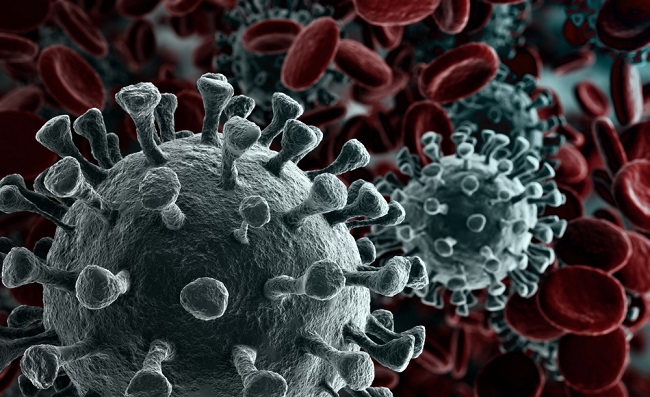Channels
Special Offers & Promotions
Scientists identify cat infected with SARS-CoV-2 in the UK
A team of scientists at the University of Glasgow has identified a cat in the UK that was infected with SARS-CoV-2, the virus that causes COVID-19.
Researchers from the MRC-University of Glasgow Centre for Virus Research (CVR) in partnership with the Veterinary Diagnostic Service (VDS) of the University’s School of Veterinary Medicine made the discovery as part of their joint research programme in which they have screened hundreds of samples for COVID-19 infections in the feline population in the UK.
The UK’s Animal and Plant Health Agency (APHA) conducted follow up tests, which confirmed that the cat tested positive with SARS-CoV-2. Researchers at the CVR have now completed a full genome sequencing of the virus found in the infected cat.
Professor Margaret Hosie from the MRC-University of Glasgow Centre for Virus Research, who works on the project, said: “There have been sporadic reports of cats from COVID-19 households in Hong Kong, Belgium, France, Germany, Switzerland, Spain and the USA that tested positive for SARS-CoV-2 and were presumed to be infected from their owners, but this is the first report of an infected cat in the UK.
“All available evidence suggests that the cat was infected from its owners, who had previously tested positive. The cat and its owners have since made a full recovery and there was no transmission of the virus to other animals or people in the household.”
Professor William Weir of the University of Glasgow’s School of Veterinary Medicine said: “The factors that govern why one species is susceptible to the COVID-19 virus while others are more resistant are currently unknown, but will likely reveal more about how this virus spreads and causes disease.
“At present, there is no evidence that cats, dogs or other domestic animals play any role in the epidemiology of human infections with SARS-CoV-2. Furthermore, the significance of SARS-CoV-2 as a feline or canine pathogen is unknown as cats and dogs with reported infections usually recover and there has been no evidence of transmission occurring between cats or dogs in the field.”
During the current COVID-19 pandemic, naturally occurring SARS-CoV-2 infections have been reported in cats, non-domestic cats and dogs. Scientists have also shown that cats, ferrets and hamsters are susceptible, whereas ducks, chickens and pigs appear not to be susceptible to SARS-CoV-2 infection.
Media Partners



